In gambling, where every decision carries the potential for quick profit or loss, volatility is a critical parameter that determines the extent of these fluctuations. Ignoring this parameter can lead to unpredictable consequences.
Volatility has long transcended the realm of statistics and has become a key factor in the selection of slot machines. It not only governs the distribution of winnings but also influences the emotional intensity of the gaming experience. Understanding volatility allows players to gain control over the unpredictability of the game.
What is volatility in gambling?
The term “volatility” has been transferred to the gambling industry from finance, where it describes fluctuations in price. In online gaming, the level of variance serves as a marker for the frequency and magnitude of winnings.
A low casino volatility indicates frequent but modest wins. On the other hand, a high casino volatility signifies rare but significant wins. This characteristic is embedded in the mathematical model of each slot machine.
For example, the Dead or Alive 2 slot from NetEnt shows a clear example of a high risk indicator: it’s rare to get a substantial win, but when you do, it’s not uncommon to win several thousand bets. In contrast, Starburst is an example of a low variance: wins often appear on the screen, but they rarely exceed the initial bet by more than 2-3 times.
Why do we need volatility?
 The level of the instability coefficient determines how often and how much a player will win. This is a key factor that determines the balance between risk and potential reward.
The level of the instability coefficient determines how often and how much a player will win. This is a key factor that determines the balance between risk and potential reward.
Volatility in gambling controls three main parameters:
- The frequency of casino wins.
- The size of the establishments’ profits.
- The rate of budget spending.
Understanding the level of risk helps you to build a correct casino strategy. For example, with a limited budget, high-voltage machines can “eat” a bankroll in half an hour. Low-voltage will allow you to play for hours, but with a lower probability of a big prize.
In slot machines, the dispersion indicator is often not indicated openly. Experienced players focus on the RTP coefficient and the behavior of the slot: how often winnings occur, what is their average multiplier, and how bonuses are distributed.
Casino Volatility: The Key to Strategy
A player who consciously chooses a slot machine with a certain variability of wins is following a strategy. This approach allows you to rely on knowledge rather than luck, using it as a tactical tool.
How to choose a slot based on volatility:
- high — suitable if you have a budget and are patient;
- low — optimal for long sessions, frequent bonuses, and low risk.
Types of players and the choice of volatility:
- Jackpot hunters. Choose a high level of variance. The goal is to win big, and they’re ready for long sessions without payouts. Examples: Book of Dead, Razor Shark.
- Stability lovers. Prefer a low variance. They expect regular, albeit small, payouts. Examples: Blood Suckers, Thunderstruck II.
- Situation-based players. Change their approach based on their mood and budget. They use a combination strategy.
How does volatility work in slot machines?
The variance in slots is set at the development stage. The mathematical model of the slot machine includes a set of variables:
- frequency of symbols with a high multiplier;
- distribution of bonus rounds;
- behavior of Wild and Scatter symbols.
In high-ratio slots, bonus games are rare, but they can multiply the bet by hundreds of times. In low-ratio slots, the main income comes from the base game and frequent “small” winnings.
For example, Money Train 2 by Relax Gaming is an example of a high-ratio slot, with winnings of up to 50,000x. The average frequency of a bonus game is once every 150-200 spins. In contrast, NetEnt’s Fruit Shop offers frequent free spins, but the maximum win is rarely more than 500x.
Casino Risk: Why Variance is More Important than Luck
It is a mistake to believe that the risk in a casino is solely determined by luck. The risk is managed by numerical parameters, and volatility in gambling is one of the most accurate markers.
For example, consider two slots with the same RTP of 96%. One has a low coefficient, while the other has a high coefficient. The first slot will produce dozens of small wins, while the second slot will produce a single large win. In the long run, both slots will return 96% of the bets, but the path to this return will be different.
This difference is the main factor that determines the behavior and motivation of players. Some are looking for a “marathon,” while others are looking for a “sprint.” Without understanding volatility, both quickly lose control.
Volatility as a factor in casino gambling
In an online environment, choosing a slot is like choosing a route on Google Maps: you can take the fastest route, but you might end up in a traffic jam.
Online platforms offer hundreds of slot machines, and volatility in casinos has become a key indicator. The best operators (such as Play Fortuna, Pin-Up, and Booi) provide information about the volatility of their slots, allowing players to make informed decisions about their strategy.
The frequency of casino wins is another factor that is directly related to variance. With the same RTP, machines can vary dramatically in their payout frequency.
How to use volatility in gambling to your advantage
A casino game strategy is impossible without analyzing the variance. Otherwise, it becomes a spontaneous experiment.
Algorithm:
- Determine the game bank (for example, 5,000 rubles).
- Choose the risk level (high — goal: a large win, low — goal: a long session).
- Select a slot with a suitable volatility coefficient.
- Control the pace of the gameplay (do not increase bets when you fail).
- Evaluate the result every 100-200 spins.
This approach allows you to manage your money and gaming time as effectively as possible, reducing emotional involvement and increasing control.
Conclusion
 Volatility in gambling forms the foundation of understanding risks, pace, machine behavior and expectations. The conscious use of this characteristic takes the process from the category of entertainment to the field of structured strategy. The application of knowledge is a step towards a mature, controlled and meaningful game, where not intuition, but calculation determines the outcome.
Volatility in gambling forms the foundation of understanding risks, pace, machine behavior and expectations. The conscious use of this characteristic takes the process from the category of entertainment to the field of structured strategy. The application of knowledge is a step towards a mature, controlled and meaningful game, where not intuition, but calculation determines the outcome.


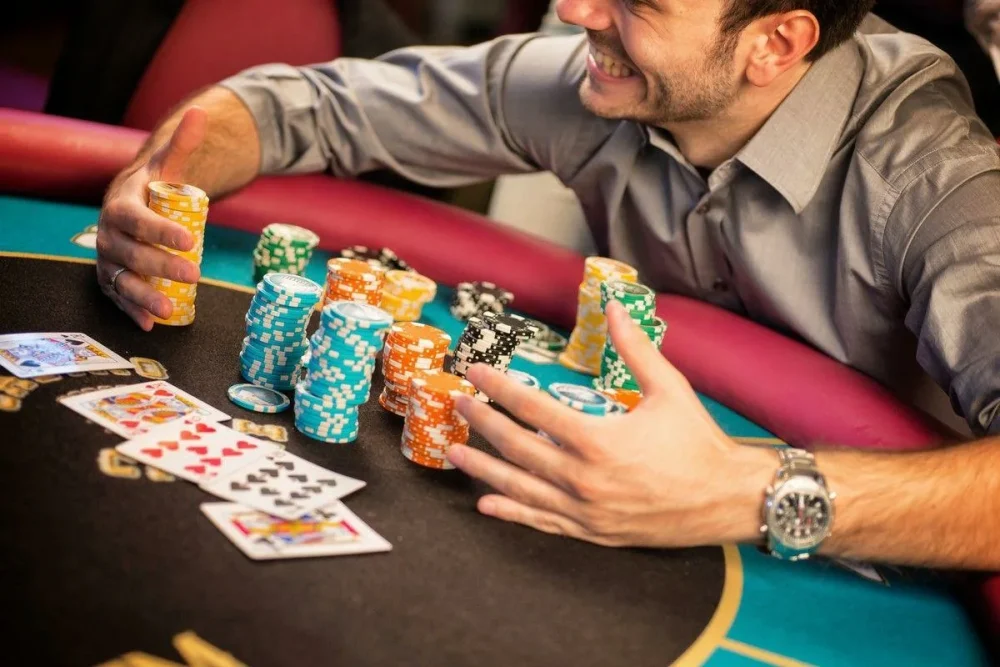
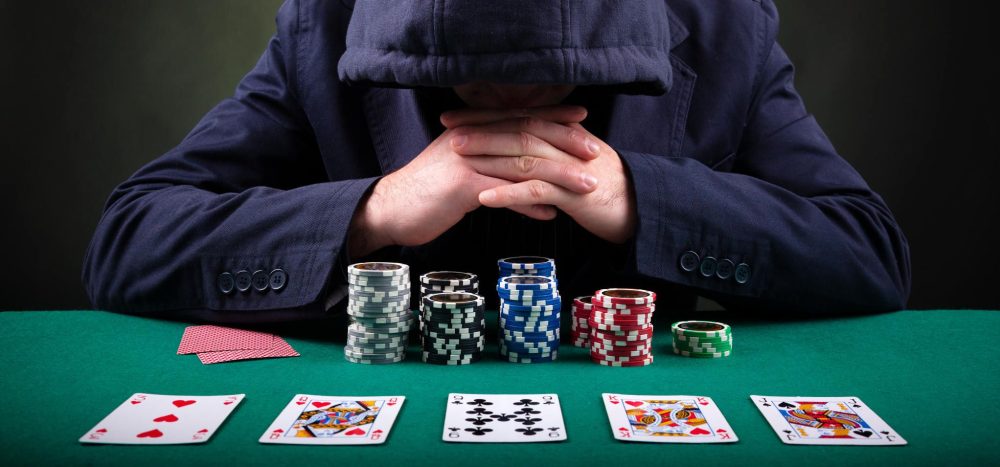
 Every emotional decision turns strategy into a lottery. Tilt does not start with a bad river, but with the non-acceptance of losses. One bad beat does not break the game, but provokes a wave of mistakes if the player does not know how to work with emotions. Professionals use the breathing stop technique and a clear hand evaluation checklist. A simple habit of taking a 20-second pause before calling on the turn reduces the number of emotional decisions by 35%.
Every emotional decision turns strategy into a lottery. Tilt does not start with a bad river, but with the non-acceptance of losses. One bad beat does not break the game, but provokes a wave of mistakes if the player does not know how to work with emotions. Professionals use the breathing stop technique and a clear hand evaluation checklist. A simple habit of taking a 20-second pause before calling on the turn reduces the number of emotional decisions by 35%.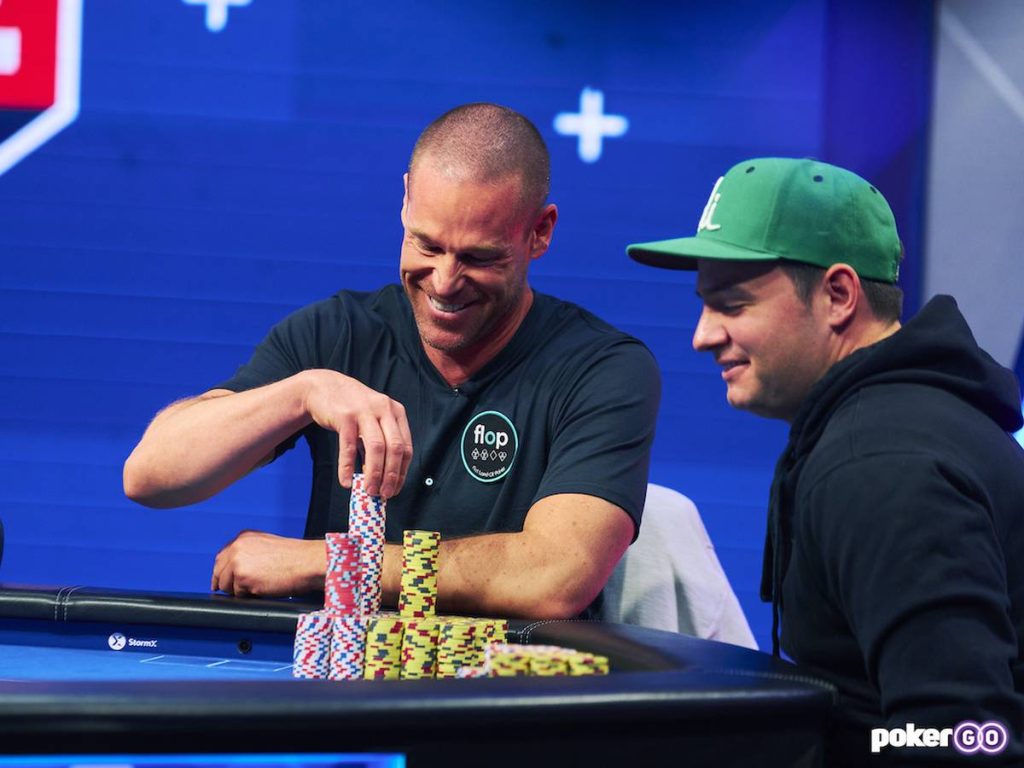 Poker is not a game of luck, but an intellectual competition. To stop losing in poker, you need not just one trick, but a clear systematic approach. Analyzing mistakes, regularly working on your game, and maintaining strict discipline. This is how you develop a skill that can consistently generate profits over the long run.
Poker is not a game of luck, but an intellectual competition. To stop losing in poker, you need not just one trick, but a clear systematic approach. Analyzing mistakes, regularly working on your game, and maintaining strict discipline. This is how you develop a skill that can consistently generate profits over the long run.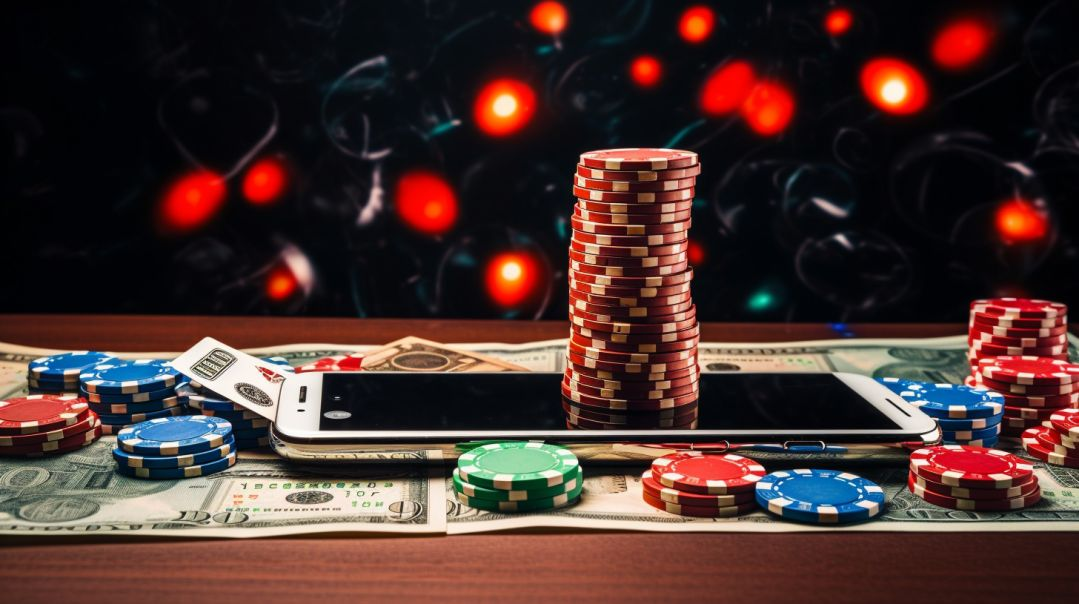
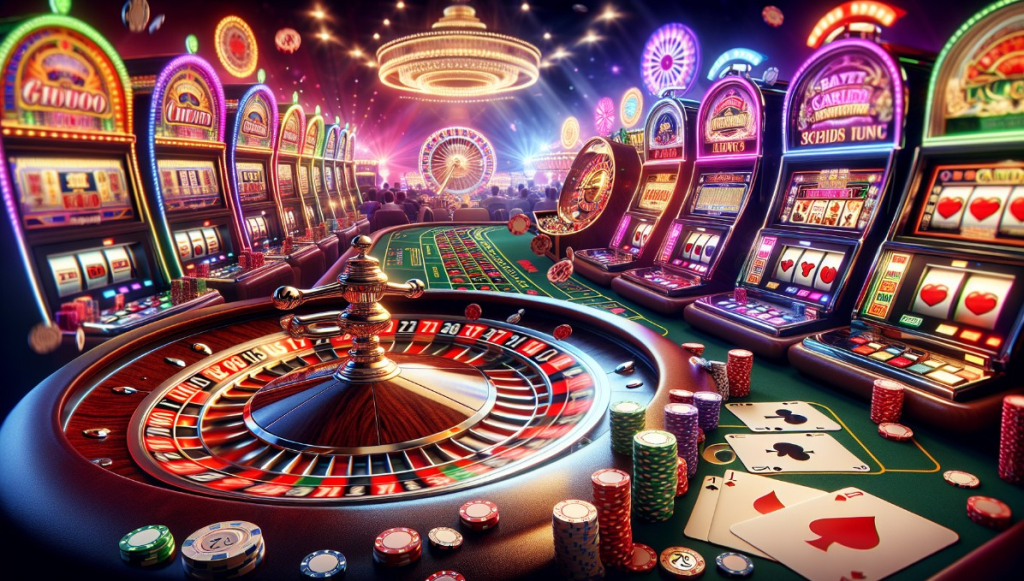 Roulette is a classic that is still relevant in digital format. The playing field is divided into red and black, even and odd, low and high numbers and individual fields from 0 to 36. The wheel spins, the ball falls: the bet is activated or burned.
Roulette is a classic that is still relevant in digital format. The playing field is divided into red and black, even and odd, low and high numbers and individual fields from 0 to 36. The wheel spins, the ball falls: the bet is activated or burned.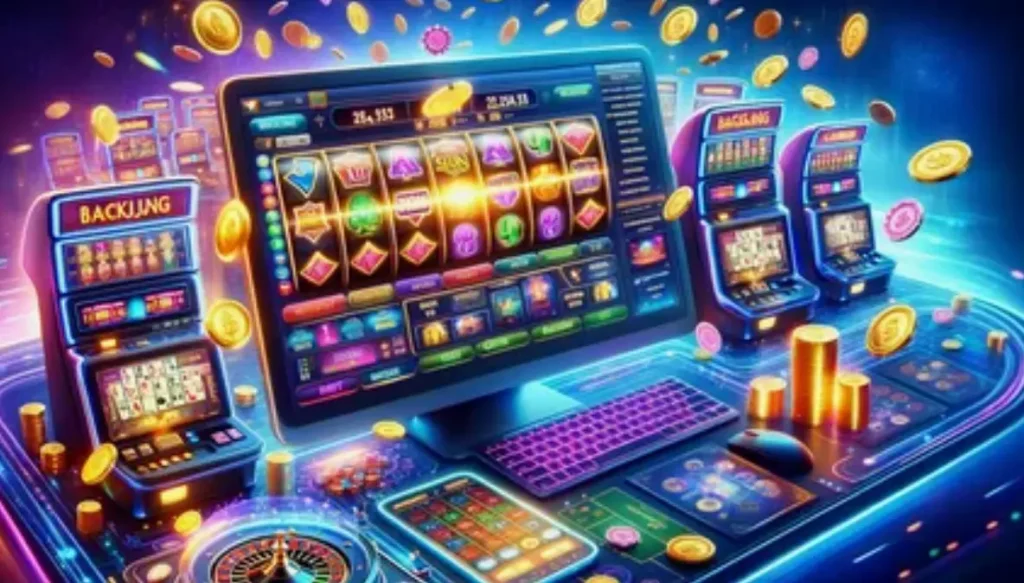 The list of the top 10 gambling games is compiled not only based on popularity, but also on the extent to which they fit the player’s mentality. Slots and reels are suitable for those who want immediate results, without having to make complicated decisions. Blackjack, poker and craps are attractive to rational, calculating players. Lotteries and bingo offer you the chance to experience the excitement without spending a lot of money. Live formats create the atmosphere of a real stadium and sports betting offers space for logic and analysis.
The list of the top 10 gambling games is compiled not only based on popularity, but also on the extent to which they fit the player’s mentality. Slots and reels are suitable for those who want immediate results, without having to make complicated decisions. Blackjack, poker and craps are attractive to rational, calculating players. Lotteries and bingo offer you the chance to experience the excitement without spending a lot of money. Live formats create the atmosphere of a real stadium and sports betting offers space for logic and analysis.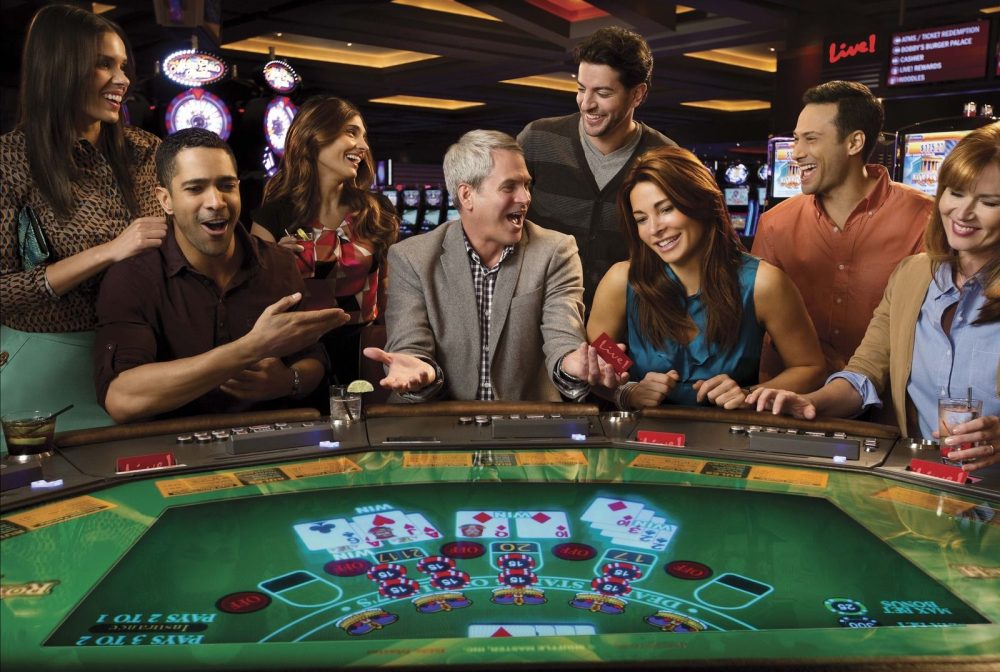
 Studying user reviews is an effective way to get information from the inside. Forums, thematic communities, and aggregators allow you to determine how the casino reacts to disputes, how often there are delays in payouts, account blocks, and changes in the rules. If there are significantly more negative opinions, it is worth avoiding registration. Regularly mentioned mistakes made by players when choosing a casino include completely ignoring the opinions of other users.
Studying user reviews is an effective way to get information from the inside. Forums, thematic communities, and aggregators allow you to determine how the casino reacts to disputes, how often there are delays in payouts, account blocks, and changes in the rules. If there are significantly more negative opinions, it is worth avoiding registration. Regularly mentioned mistakes made by players when choosing a casino include completely ignoring the opinions of other users. The gaming industry offers thousands of options, but only a few sites truly meet the standards of fairness and security. To avoid making mistakes when choosing a casino, it is essential to systematically analyze every aspect, from the jurisdiction to the reviews. It is crucial not to blindly trust advertisements, ignore documents, or accept questionable offers.
The gaming industry offers thousands of options, but only a few sites truly meet the standards of fairness and security. To avoid making mistakes when choosing a casino, it is essential to systematically analyze every aspect, from the jurisdiction to the reviews. It is crucial not to blindly trust advertisements, ignore documents, or accept questionable offers.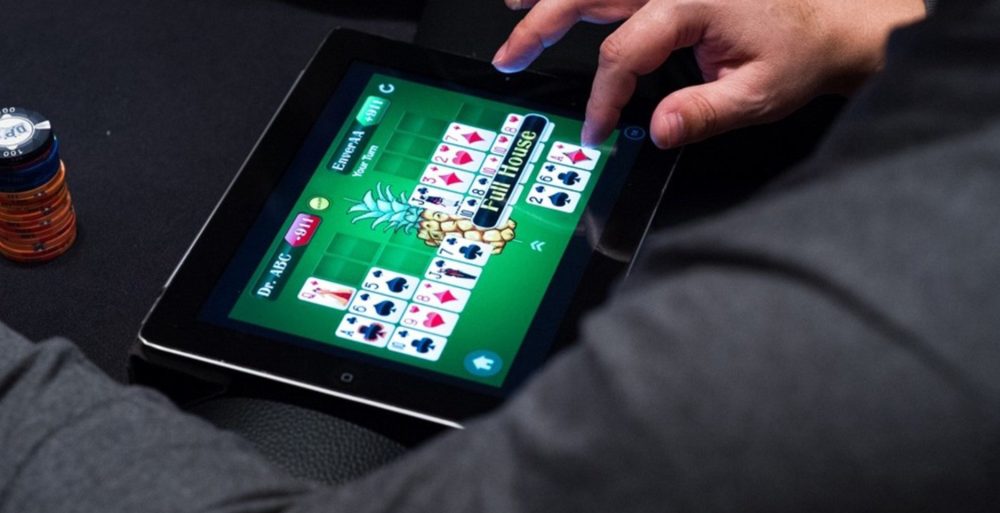
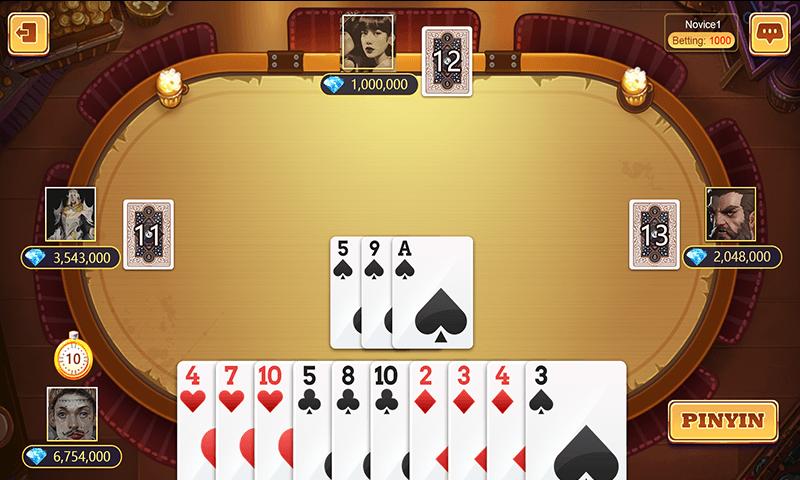 To understand where to start, it is important to understand the structure of a single game session. Video poker from scratch looks like this:
To understand where to start, it is important to understand the structure of a single game session. Video poker from scratch looks like this: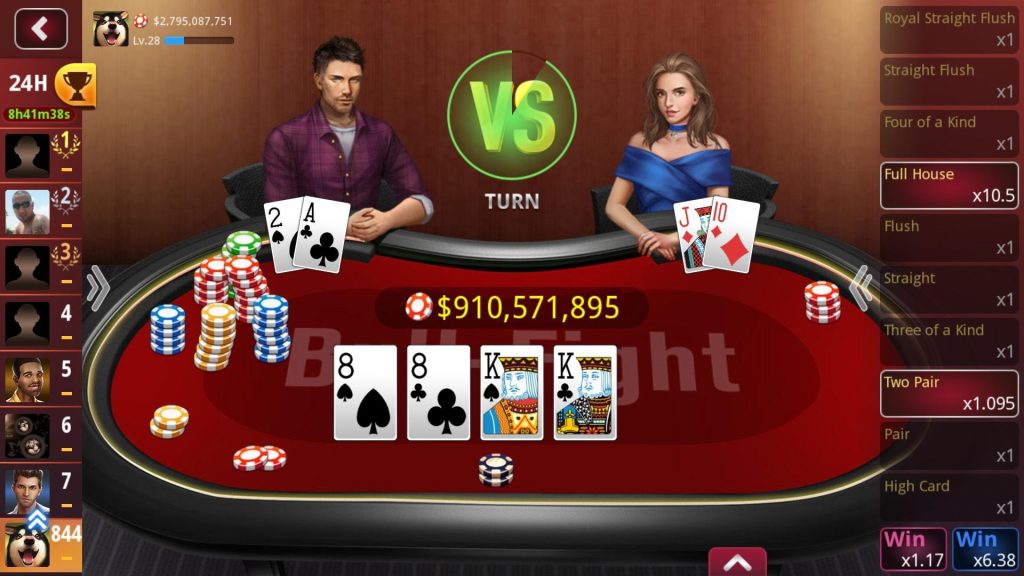 Digital poker is not a pure game of chance. Unlike roulette, it allows players to think strategically, plan their moves, and improve their skills. It is not just a random distribution of cards, but a continuous process of decision-making. While a guide on how to play video poker is not a one-size-fits-all solution, it serves as a reliable starting point for further development. The outcome depends on regular practice, analysis of one’s own actions, and a commitment to growth.
Digital poker is not a pure game of chance. Unlike roulette, it allows players to think strategically, plan their moves, and improve their skills. It is not just a random distribution of cards, but a continuous process of decision-making. While a guide on how to play video poker is not a one-size-fits-all solution, it serves as a reliable starting point for further development. The outcome depends on regular practice, analysis of one’s own actions, and a commitment to growth.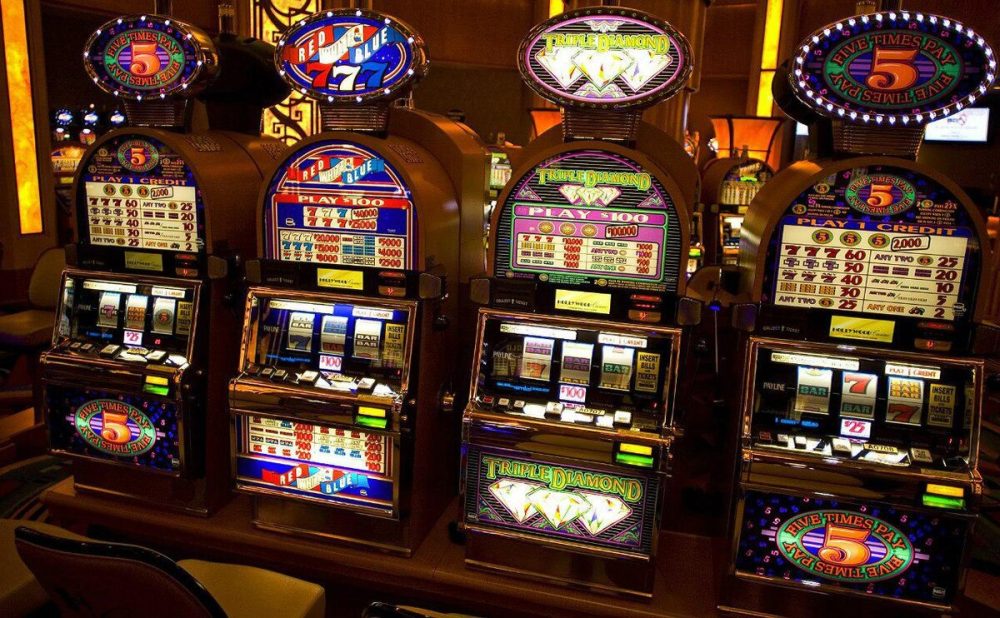
 Microgaming is at the forefront of the industry. In 1994, it introduced the first online gambling platform. Today, its portfolio includes over 800 projects. Microgaming is an example of how slot machine developers can shape trends for decades. Its high reliability, progressive jackpots, and iconic series like Mega Moolah make it a leading player in the slot machine market.
Microgaming is at the forefront of the industry. In 1994, it introduced the first online gambling platform. Today, its portfolio includes over 800 projects. Microgaming is an example of how slot machine developers can shape trends for decades. Its high reliability, progressive jackpots, and iconic series like Mega Moolah make it a leading player in the slot machine market. The slots industry is experiencing a new stage of evolution. Innovations, adaptation to mobile devices, and attention to detail are making the best slot machine manufacturers the main architects of the modern market. Their success is determined by their ability to combine technology and engagement, providing a memorable gaming experience for every session.
The slots industry is experiencing a new stage of evolution. Innovations, adaptation to mobile devices, and attention to detail are making the best slot machine manufacturers the main architects of the modern market. Their success is determined by their ability to combine technology and engagement, providing a memorable gaming experience for every session.


